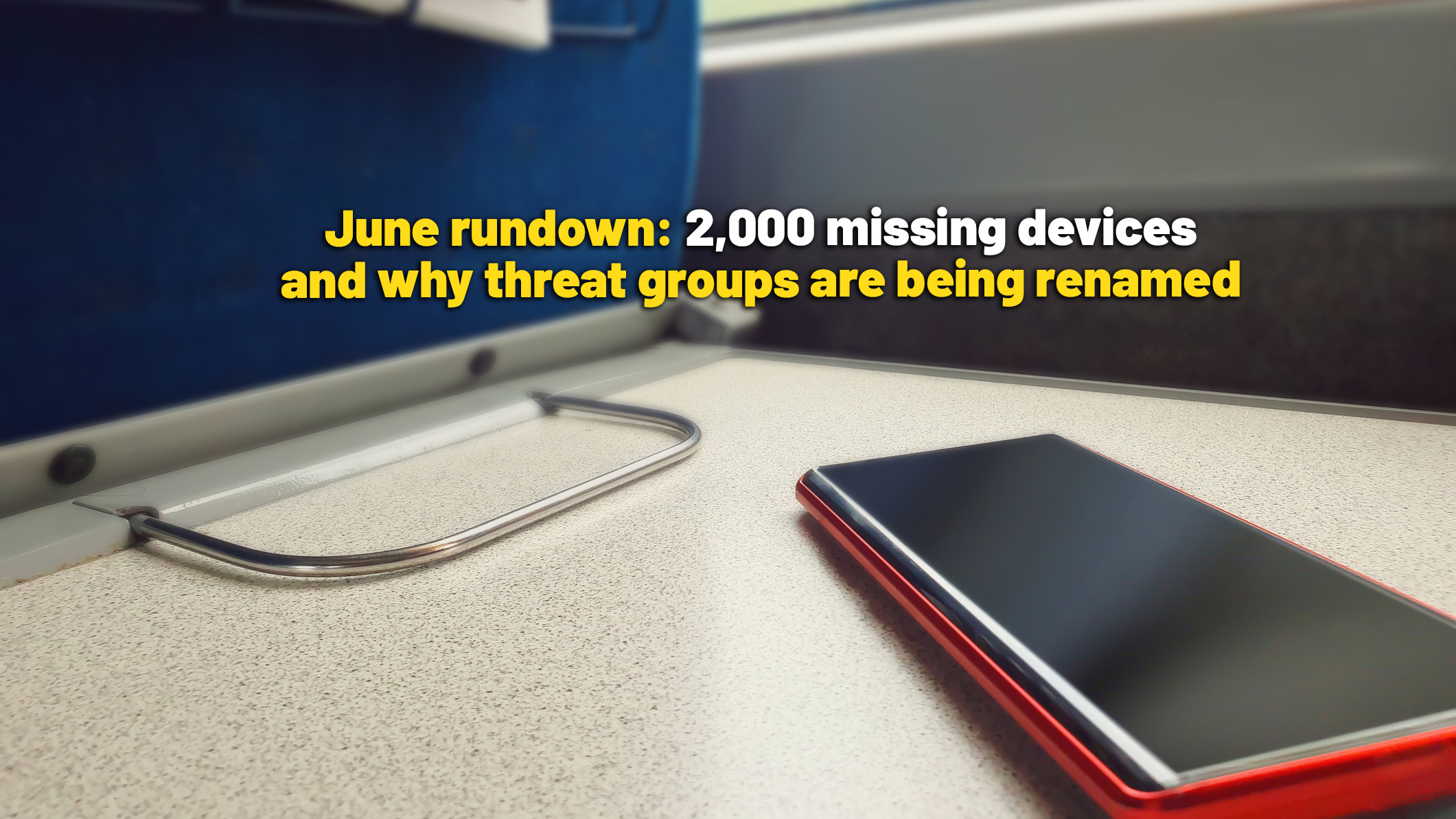Keep taking the tablets
BlackBerry’s new tablet is less of an iPad killer than a laptop alternative for the enterprise, argues Stephen Pritchard.

There's another tablet computing device on the market. This time it is Research in Motion, the maker of the BlackBerry, that has entered the fray.
The new BlackBerry PlayBook will go up against Apple'siPad and other devices such as Samsung's Galaxy Tab and the Dell Streak. Doubtless there will be a host of other Android devices coming out over the next few months, and it is unlikely that Microsoft will ignore the market altogether either.
For enterprises, however, the PlayBook could well be the most appealing device so far or at least, the most appealing since the iPad.
The PlayBook has its quirks. It uses the QNX, rather than the BlackBerry operating system, and it has a seve- inch screen to the iPad's 10 inch display. Critically, the PlayBook has no cellular connectivity, only Wi-Fi.
RIM, though, is presenting the lack of mobile connectivity as an advantage, not a shortcoming. Whilst screen size is largely a matter of personal preference users who also need to carry a laptop will go for a seven-inch slate, those who don't may want the larger size for more intensive document use.
But the absence of a 3G connection seems strange. iPads come with it although of course there are WiFi only models and other devices such as the Streak even support phone calls.
It seems that RIM expects most people to connect the PlayBook either to a Wi-Fi network, or to one of its smart phones. The inclusion of front and rear facing cameras suggest that Wi-Fi might be the network of choice for video calling sessions, in a similar way to the iPhone's FaceTime app. And RIM executives are not ruling out a 4G version of the PlayBook in due course. For now, though, going online via the BlackBerry is the only option for wide area mobility.
Sign up today and you will receive a free copy of our Future Focus 2025 report - the leading guidance on AI, cybersecurity and other IT challenges as per 700+ senior executives
This does allow RIM to position the PlayBook as "CIO and enterprise ready". The tablet will work with BlackBerry enterprise servers, and acts, in effect, as a larger screen for a BlackBerry phone.

